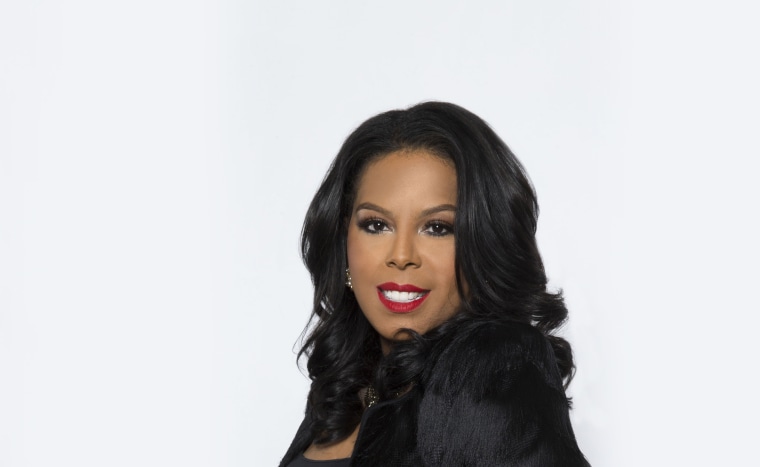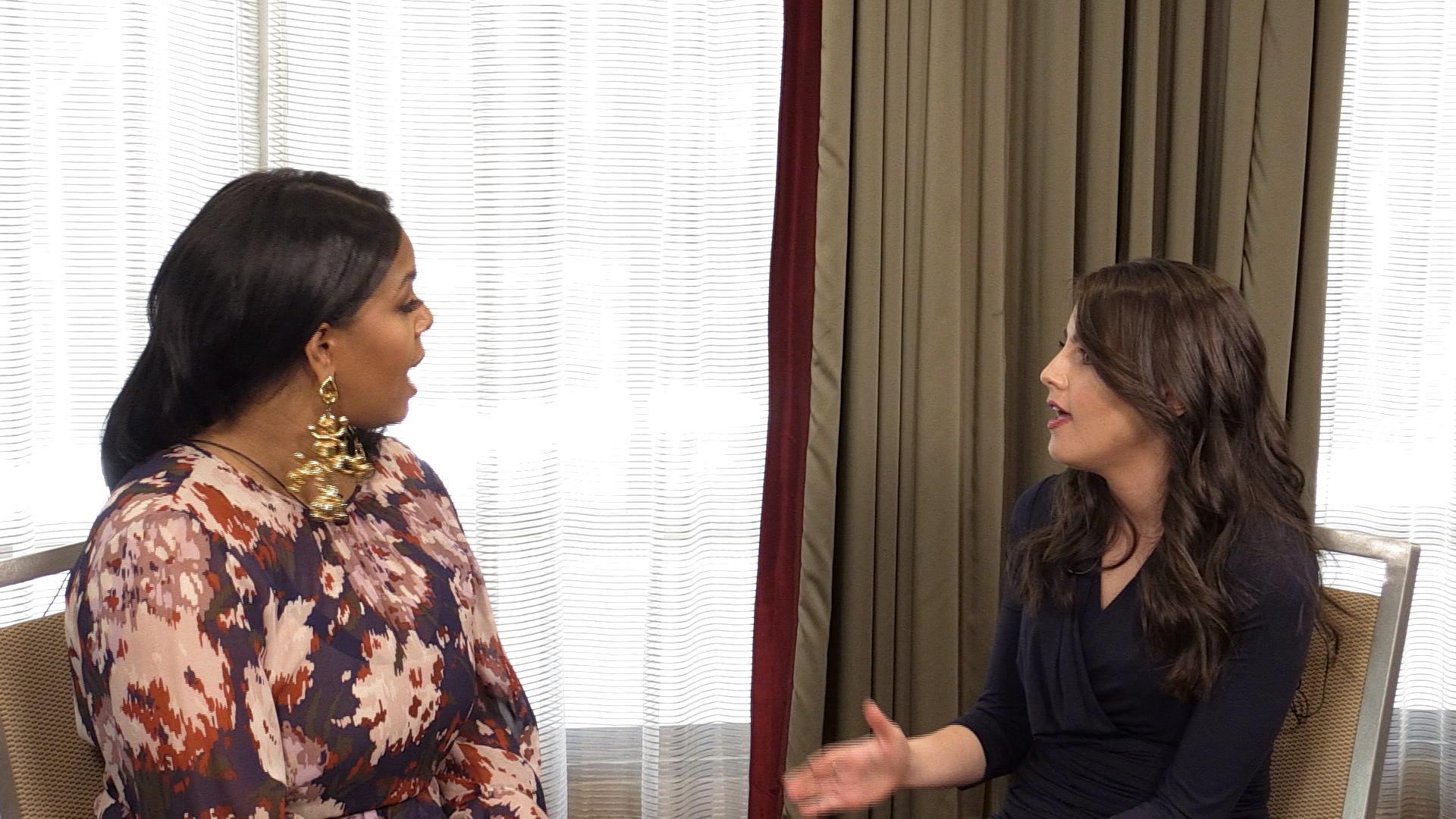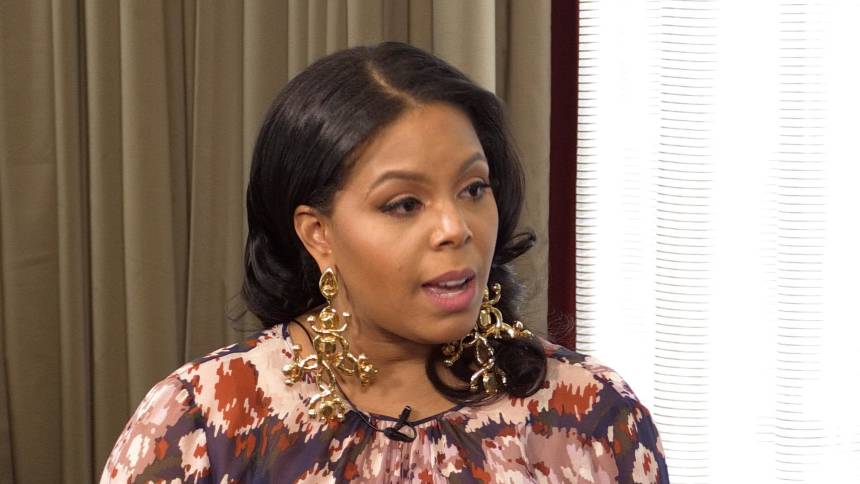Daniela Pierre-Bravo
NBC News, Know Your Value, June 8, 2018 —
In an era where young women are faced with many different ways to reach career success, figuring out how to get there can be daunting. What if the 5-year-plan derails? How do I find a mentor who will vouch for me professionally? What if I make the ‘wrong’ career choice?
Dia Simms, President of Combs Enterprises, is a woman who has had her own share of career changes, and learned a lot along the way. Through it all, she has never lost her sense of self and never played to anyone else’s rules on how her career should be defined. Simms shared with me a few pieces of advice for young women to consider as they navigate the early stages of their career.

Dia Simms
Don’t feel like you have to stick to a career plan
The way you approach the work in front of you can be even more important than having a master career plan. Before starting as Sean “Diddy” Combs’ assistant and eventually becoming President of Combs Enterprises, Simms worked at the Department of Defense, was in pharmaceutical sales, and ran a marketing agency. She moved around in her career unconventionally and found great success by being flexible with her career path. “Don’t allow a plan to constrict your life,” Simms says.

View Video: Dia Simms: Don’t Let a Plan Constrict Your Life (00:42)
Focus on creating excellence
In her mid-twenties, as Simms navigated her career, she found that the most important thing was to do really well at the job at hand. Whether it was closing a deal or working on administrative tasks,“I always tried to be the best I could be in that moment” Simms tells me. She urges young women who are struggling to get to the next step to consider the following, “Excellence is transferable where particular hard skills are not. When you are great at where you are, you will be seen.”
Mentorship should not be parasitic
Having a mentor can be great for professional development, but in order for it to be beneficial, it has to be a two way street. Dia stresses that mentorship should be seen as collaboration – where both sides can teach and learn from one another. In her words, “Everyone has something to learn and everyone has something to teach.” When you look for a mentor, think of a way you can bring value to them.

View Video: Dia Simms: Mentorship is Mutual (01:04)
Recognize what you bring to the table
Even in the early stages of your career, whether you’re an intern or young associate, you are capable of bringing value. Don’t discount things like your own digital nativism or your knowledge of youth culture or just being “a living example of Gen Z,” Dia says. The cultural tendencies of younger generations can be valuable and even profitable for executives to understand, especially in companies where millennials and Gen Z are the end consumers. Use knowledge of your generation’s culture to your advantage.










